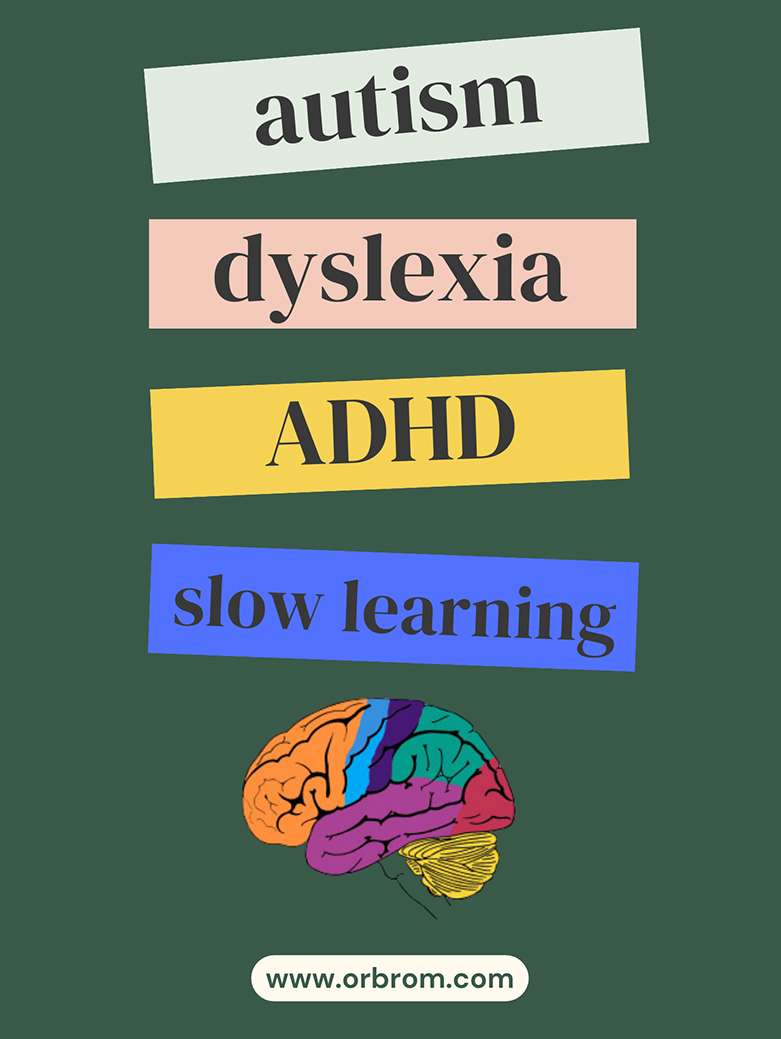Attention deficit hyperactivity disorder (ADHD) is a common neurodevelopmental condition that affects millions of individuals globally. While often portrayed in popular media with stereotypes of hyperactive children bouncing off the walls, the reality of ADHD is much more nuanced and diverse. This blog aims to provide a neutral and objective overview of the condition, exploring its various presentations, potential causes, and available management strategies.
Understanding the Spectrum:
ADHD encompasses a spectrum of presentations, with individuals experiencing varying degrees of difficulty with:
- Inattention: Difficulty focusing on tasks, easily distracted by external stimuli, forgetting instructions, and losing belongings.
- Hyperactivity: Excessive fidgeting, restlessness, and difficulty remaining seated, particularly in quiet settings.
- Impulsivity: Acting without thinking, blurting out answers, interrupting conversations, and making risky decisions.
It’s important to remember that not all individuals with ADHD exhibit all three core symptoms, and the severity can also vary significantly. Some people may primarily experience inattention, while others may struggle more with hyperactivity or impulsivity. Additionally, the presentation of ADHD can change over time and across different situations.
Potential Causes and Risk Factors:
The exact cause of ADHD remains unknown, but research suggests a complex interplay of genetic and environmental factors. Some potential contributing elements include:
- Genetics: Studies have identified several genes associated with an increased risk of ADHD.
- Brain development: Differences in brain structure and function, particularly in areas related to attention and executive functioning, may play a role.
- Environmental factors: Prenatal exposure to certain toxins, early childhood trauma, and socioeconomic disadvantage are potential risk factors.
Management Strategies:
While there is no cure for ADHD, various evidence-based strategies can help individuals manage their symptoms and improve their quality of life. These include:
- Medication: Stimulant medications are the most commonly prescribed treatment for ADHD, helping to improve focus and reduce impulsivity. Non-stimulant medications are also available for individuals who cannot tolerate stimulants.
- Behavioral therapy: Techniques such as cognitive-behavioral therapy (CBT) can help individuals develop coping skills to manage attention, hyperactivity, and impulsivity.
- Educational support: Accommodations in the classroom and learning strategies can help students with ADHD succeed academically.
- Lifestyle changes: Regular exercise, healthy sleep habits, and a balanced diet can all contribute to better ADHD management.
Beyond Stereotypes:
It’s crucial to move beyond the stereotypical portrayals of ADHD often seen in media. Individuals with ADHD are diverse, intelligent, and capable of achieving great things. By understanding the spectrum of presentations, potential causes, and available management strategies, we can create a more inclusive and supportive environment for everyone.








Leave A Comment